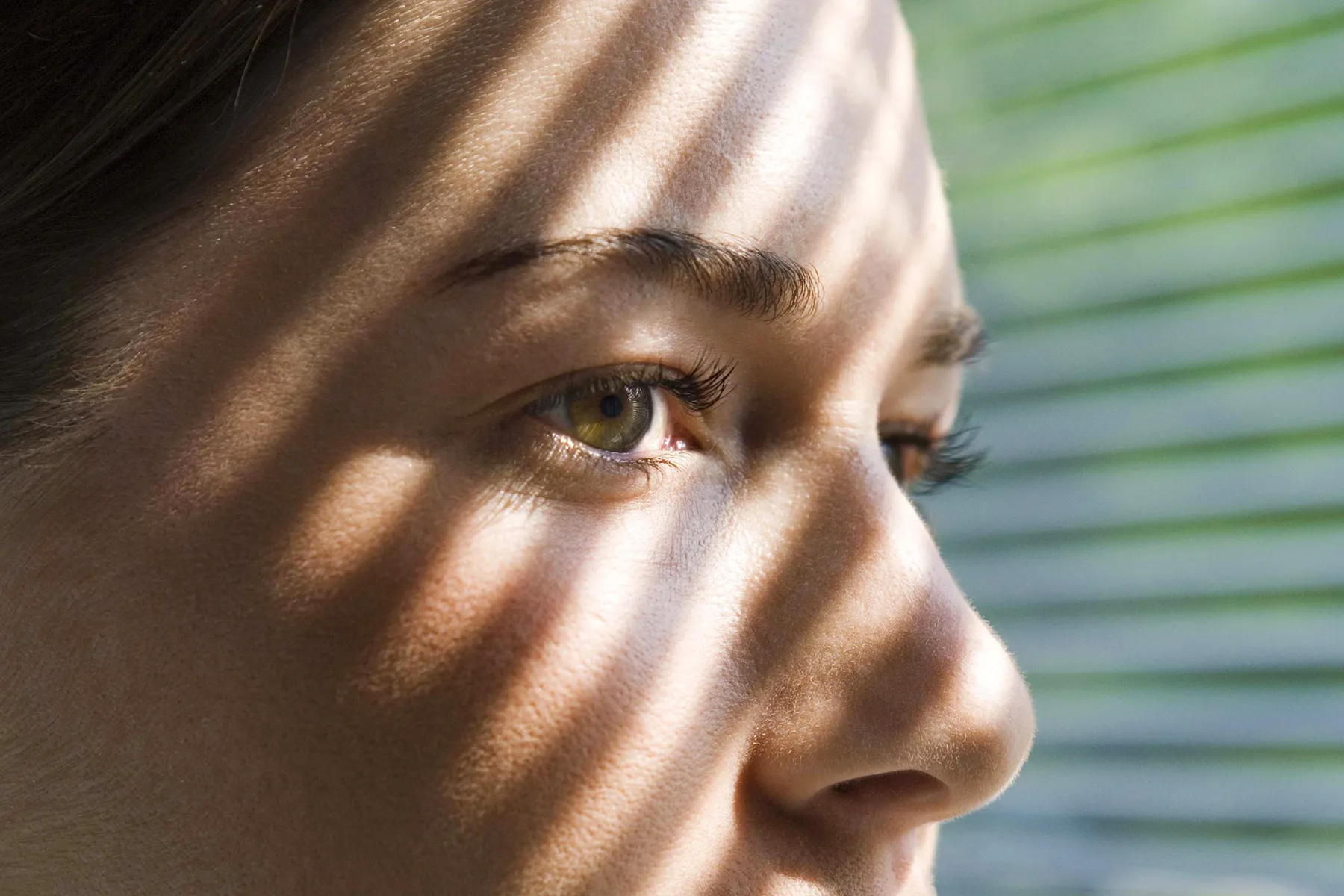By Farwah Sheikh, as told to Kara Mayer Robinson
About 10 years ago, I started to see some inflammation on my skin. It lasted a few weeks. I didn’t think it was a big deal at first.
But then I noticed that what I thought was a rash would last for months. That’s when I discovered I have atopic dermatitis (AD).
Now, years later, it’s something I’m still learning to live with. Whenever I try a treatment and it doesn’t work, I get really frustrated, because not only did I waste money, but I wasted my time and hope.
I’ve tried everything. I’ve been prescribed multiple steroid creams, which would work for a few weeks, but then I’d become immune to them, and they’d just stop working. All my doctors would do is raise the dosage or strength. Now, I’ve stopped using topical creams. I don’t find them effective enough long-term.
I tried getting an allergy test to figure out if it was something I was eating or wearing. I cut out dairy and gluten, which helped my AD but didn’t completely get rid of it.
I also went down the holistic route. I tried to use only natural ingredients. I tried sea buckthorn oil, turmeric, and black seed oil. I saw a functional holistic health doctor and then a medical doctor who specializes in nutrition. It also helped but didn’t get rid of my symptoms 100%.
Everyone claims to have the solution, and you try it and end up back at square one. I get frustrated, because you’d think with all the advancements in medicine, there would be a solution.
Healthy Habits Help
I would say out of all the treatments I’ve tried, the most effective is diet. Whenever I eat well, I don’t have flare-ups. I control what goes into me to help what’s happening outside of me.
Eating well may be different than you think. Even if I go dairy-free, go gluten-free, follow a paleo diet, and cut carbs, all in the name of getting rid of AD, the ingredients in the alternative products impact my skin. Many gluten-free things have preservatives. I’ve found it actually causes more inflammation.
The foods I eat aren’t as heavily processed anymore. My motto is, if you can’t read it, don’t eat it. It helps remind me that as good as healthy packaged products may look, they’re not worth the itching and inflammation. I also remind myself that my skin is a mirror of what’s going on internally, so I try to really focus on my eating habits.
Continued
A Healthy Mindset, Too
I’ve found that adding meditation to my daily routine helps me process my emotions and start feeling better. I meditate every morning for 10 to 20 minutes. Meditation has affected my mindset in such a positive way. I handle skin stressors better. I’ve also found that using visualization and mantras has helped my body in a positive way.
Meditation allows you to slow down and become present in the moment. It helps bring clarity and focus into your thoughts. Since I started meditating, I’ve slowed down. I’m better able to help myself by understanding what my body needs to thrive. I’ve started to really tune in.
I also work out at least 5 days a week for 30 minutes. I love walking because it helps me get clarity and be present in the moment and prepare me for any flare-ups.
It’s key to keep a positive mindset. I try to think positively and stay hopeful that something will work. Our thoughts become reality, and our mindset directly impacts our physical health.
I do still flare up with the weather and processed foods. I’ve found that extreme dry and cold air makes my skin super itchy. The heat also makes it worse. My skin gets red and itchy and very inflamed from high temps.
But I’m learning to enjoy life. I try to keep a positive mindset, use meditation and mantras in my daily routine, and stay mindful of my diet. That’s made all the difference.
Source: https://www.webmd.com/skin-problems-and-treatments/eczema/features/emotional-toll-atopicd-treatment?src=RSS_PUBLIC
